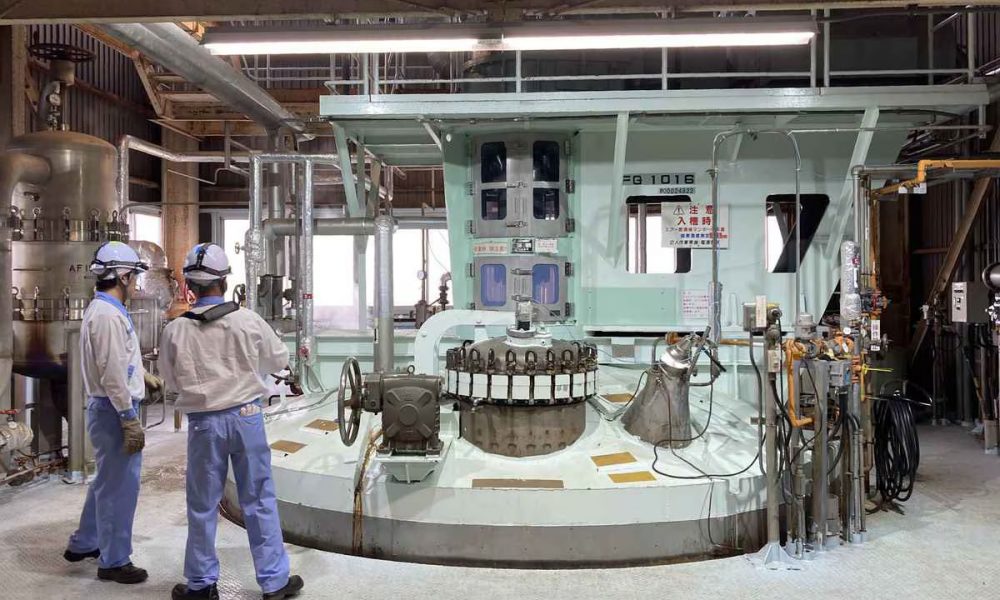
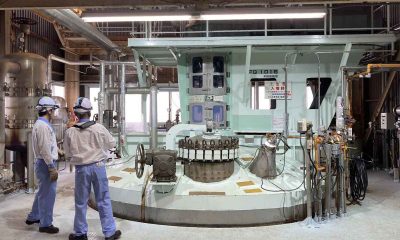

With government support, companies are reviving production of active pharmaceutical ingredients for antibiotics to protect a vital lifeline for public health.
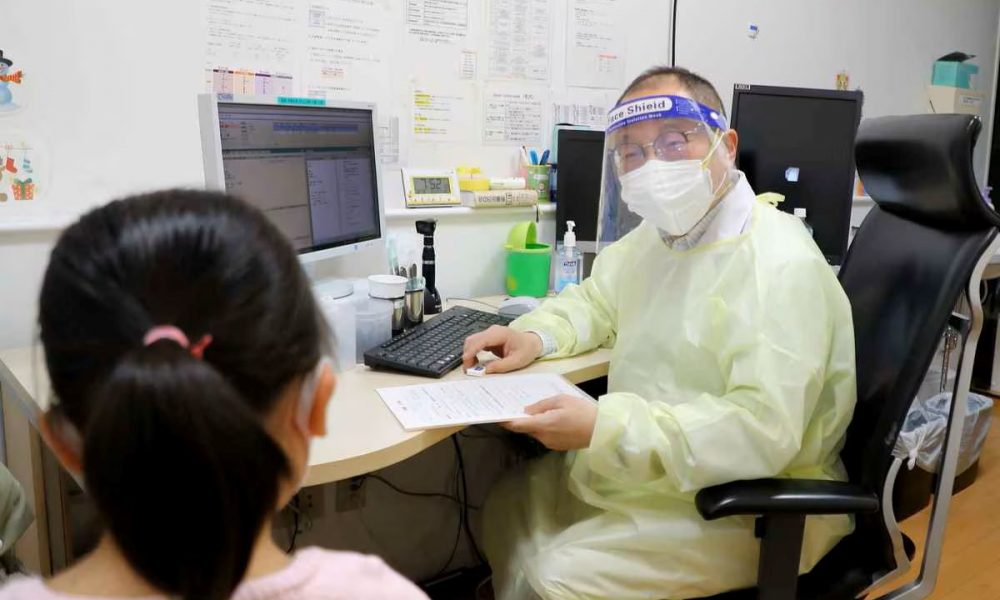
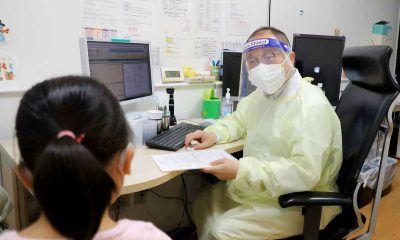

Mycoplasma pneumonia cases have dramatically increased, linked to less mask usage. An antibiotic shortage is worsening the challenge of managing the outbreak.
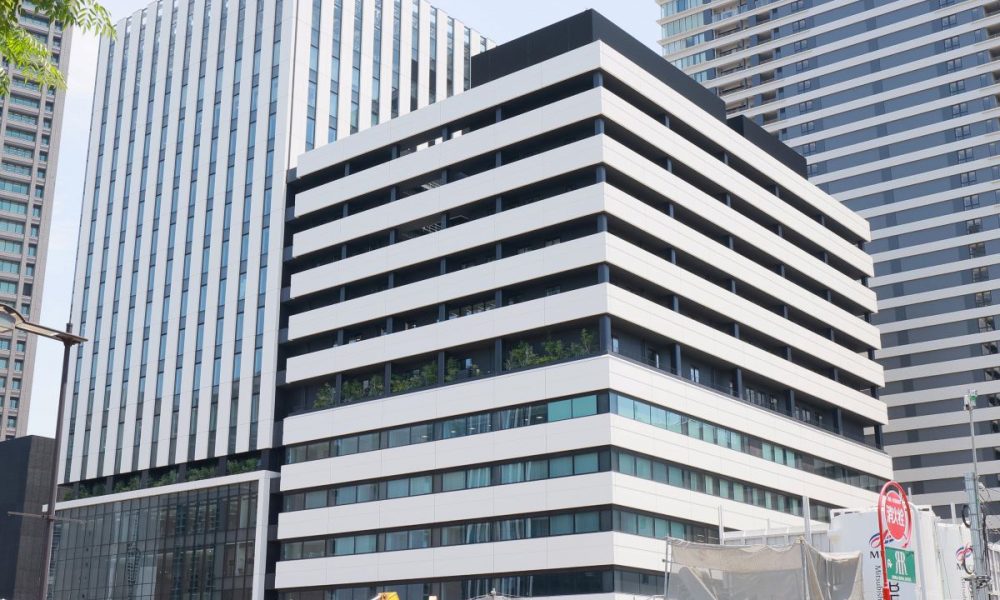


Nakanoshima Qross aims to become a world-class hub for advanced medicine by fostering synergy among research institutions, clinics, startups, and more.
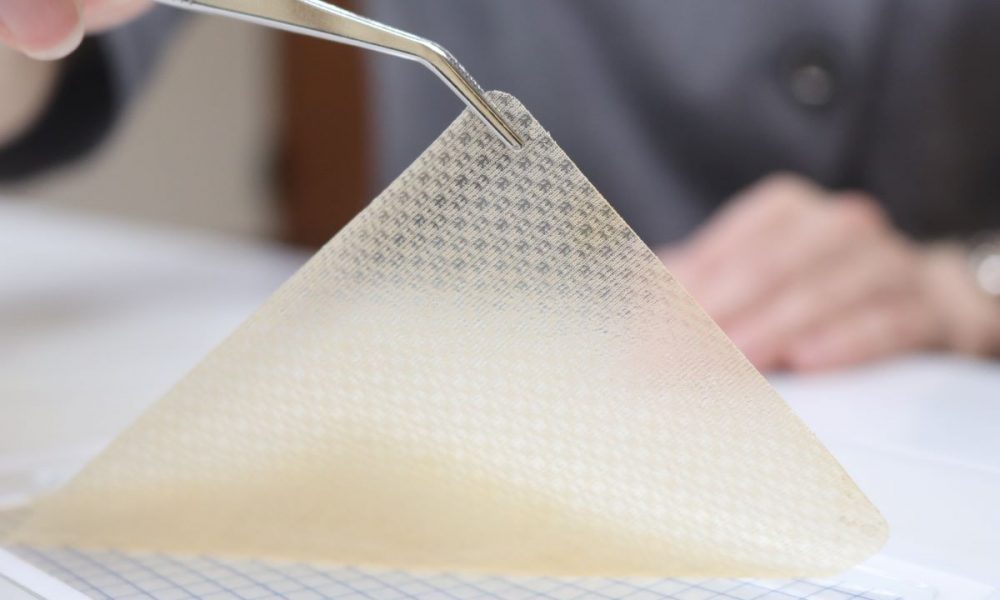
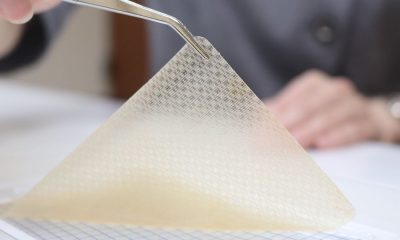

SYNFOLIUM, developed by a Japanese university, fabric producer, and textile company, uses warp knitting technology to promote healing after heart surgery.



In an interview, expert Masatoshi Ishikawa highlights the demographic challenges facing Japan's healthcare system and the role of technological innovation.



These 19th-century trailblazers from Japan, India, and Syria inspired future generations of women to shatter glass ceilings in male-dominated fields.



Japanese venture Heartseed has found that treating heart failure with iPSC-derived cardiomyocyte spheroids could achieve sustained tissue regeneration.
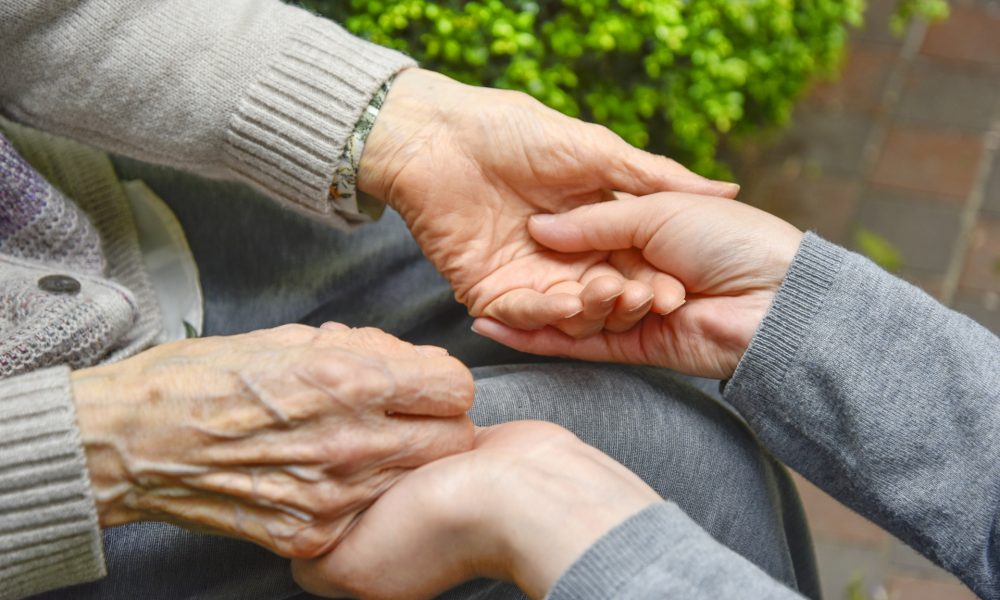
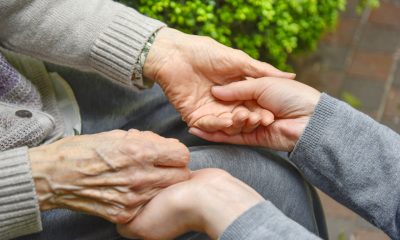

Before deciding the "societal value" of the new medicine, its performance in clinical trials, possible side effects, and accessibility must be closely examined.
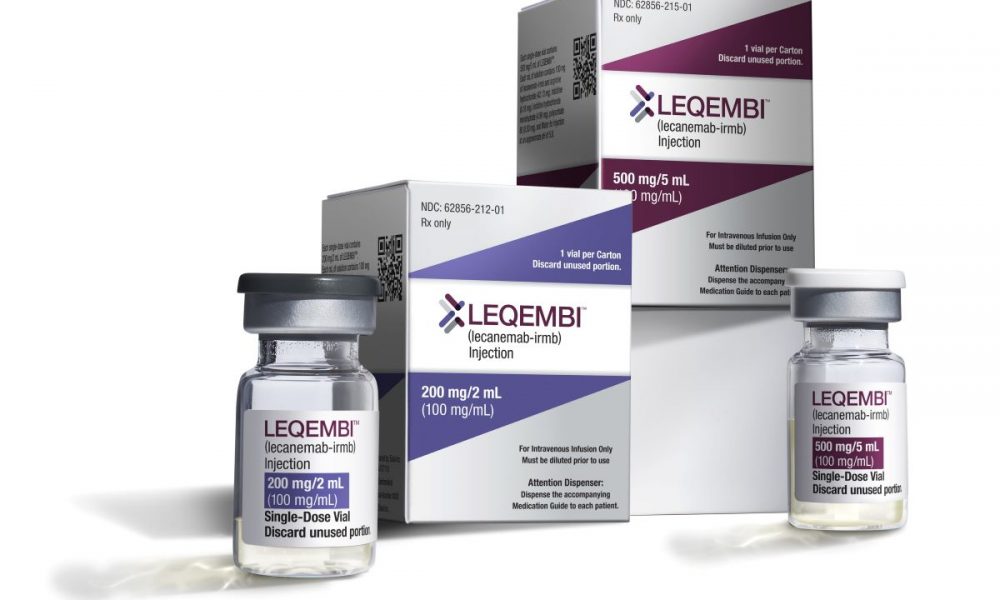
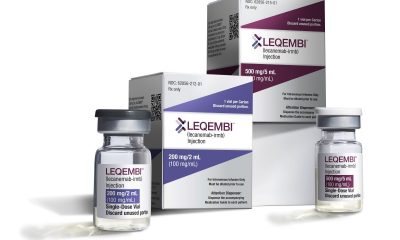

Lecanemab is the first drug proven to slow the progression of Alzheimer's. Its manufacturer Eisai calculated its societal value to determine a suitable price.



A Japanese research team has found a way to improve genome editing, but complex regulations hinder Japanese technology from reaching the clinical stage.
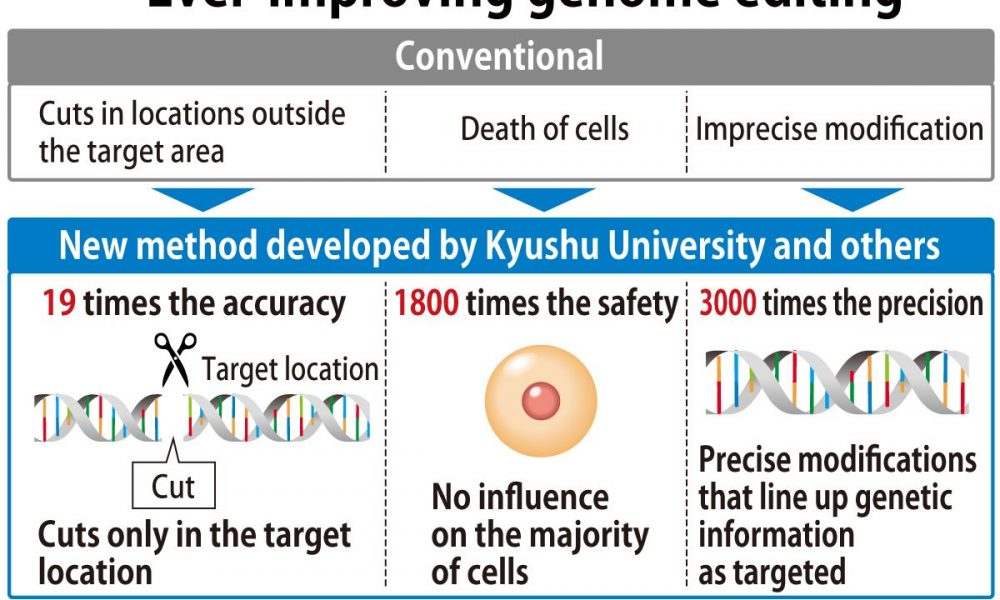
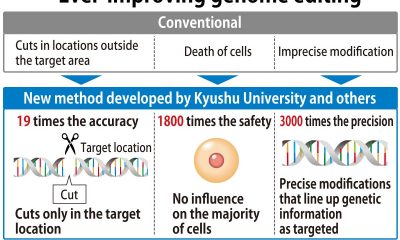

The improved accuracy in CRISPR-Cas9 genome editing could reduce the risk of cancerous cell transformation in gene therapy using this technology.
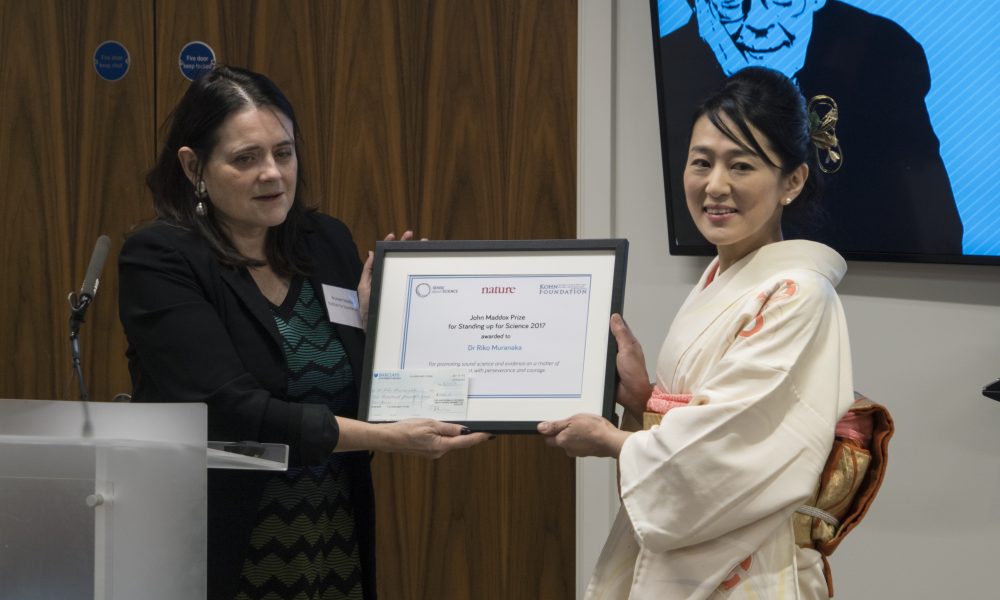
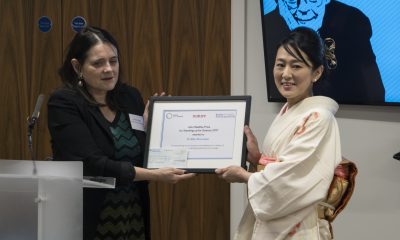

By fighting misinformation about the HPV vaccine to save lives, medical doctor Riko Muranaka has shown the cost and value of defending scientific integrity.